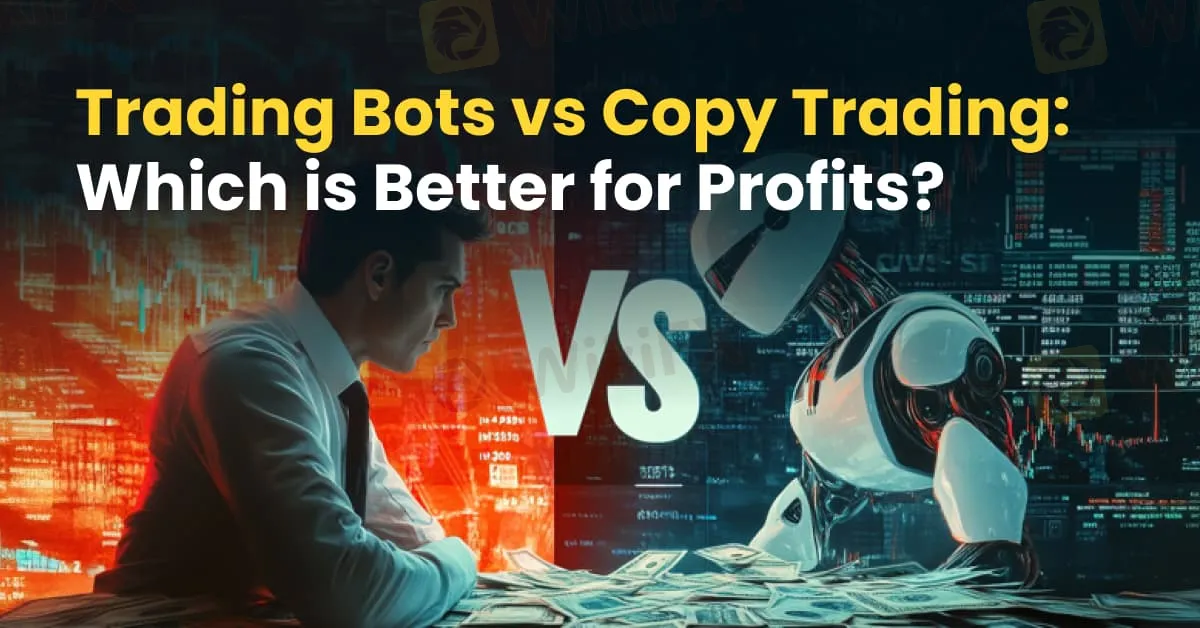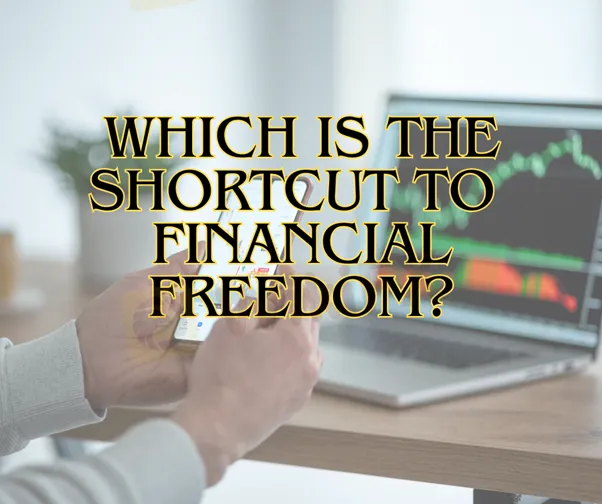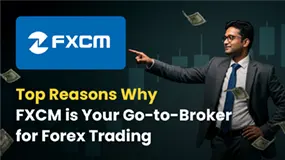简体中文
繁體中文
English
Pусский
日本語
ภาษาไทย
Tiếng Việt
Bahasa Indonesia
Español
हिन्दी
Filippiiniläinen
Français
Deutsch
Português
Türkçe
한국어
العربية
Trading Bots vs Copy Trading: Which is Better for Profits?
Abstract:The world of online trading has evolved rapidly, with automation becoming a dominant force. Among the most talked-about innovations are trading bots which are algorithmic programs designed to execute trades based on pre-set parameters. But how do these bots compare to copy trading, a system where investors replicate the trades of experienced traders? More importantly, can reliance on trading bots truly lead to financial freedom, or does it introduce more risks than rewards?

The world of online trading has evolved rapidly, with automation becoming a dominant force. Among the most talked-about innovations are trading bots which are algorithmic programs designed to execute trades based on pre-set parameters. But how do these bots compare to copy trading, a system where investors replicate the trades of experienced traders? More importantly, can reliance on trading bots truly lead to financial freedom, or does it introduce more risks than rewards?

Trading bots are designed to analyze market trends, execute trades, and manage risk, all without human intervention. These algorithms function 24/7, processing vast amounts of data at speeds no human trader can match. Some bots follow simple strategies, such as arbitrage or trend-following, while others use complex machine-learning models to predict market movements.
The appeal is clear: trading bots eliminate emotional decision-making, ensure disciplined execution, and provide access to opportunities that a human trader might miss. Yet, despite their advantages, they are not infallible. Market conditions change, and even the most advanced algorithms can suffer significant losses during periods of extreme volatility.

Copy trading, on the other hand, allows investors to mirror the trades of successful traders. Rather than relying on algorithms, users trust the expertise of seasoned professionals or influencers within the trading community. This strategy is often favoured by beginners who lack the time or knowledge to trade independently.
While copy trading does not require programming skills, it is not without risk. The strategy relies heavily on the performance of the chosen trader, meaning that if they make a poor decision, so does the investor following them. Unlike trading bots, which react to technical signals, human traders may rely on intuition or experience—factors that do not always guarantee success.

Many proponents of trading bots argue that automation is a gateway to financial freedom. The idea of generating passive income through algorithmic trading is undeniably appealing. However, true financial independence requires consistency and sustainability, both of which are difficult to guarantee with automated trading alone.
For one, markets are unpredictable. A bot that performs well in one market condition may fail in another. Additionally, many commercial trading bots promise high returns but lack transparency, leading to concerns about their reliability. Even professional-grade bots require regular adjustments and oversight to remain effective.
On the other hand, if used correctly, trading bots can act as a valuable supplementary tool. They can help traders execute strategies efficiently, remove emotional bias, and take advantage of opportunities that human traders might overlook. However, expecting them to single-handedly deliver financial freedom could be unrealistic.
Ultimately, both trading bots and copy trading present opportunities and risks. While automation can enhance trading efficiency, it is not a guaranteed route to wealth. Likewise, copy trading allows investors to leverage human expertise, but it still involves inherent risks.
So, is the future of trading fully automated, human-led, or a mix of both? The answer remains open for debate.

Disclaimer:
The views in this article only represent the author's personal views, and do not constitute investment advice on this platform. This platform does not guarantee the accuracy, completeness and timeliness of the information in the article, and will not be liable for any loss caused by the use of or reliance on the information in the article.
Read more

Top Reasons Why FXCM is Your Go-to-Broker for Forex Trading
A revered broker name is what you want to associate with being a forex trader. Fortunately, you have plenty of such names on WikiFx where the best forex brokers and regulators are listed to ensure your transaction is genuine. One such name is FXCM, a regulated forex broker in the United Kingdom (UK). Let’s check out more details about FXCM through this article.

Scammers Use AI to Fake Lim Guan Eng’s Support for Investment Scheme
A fake video showing former Penang Chief Minister Lim Guan Eng promoting an investment scheme has started spreading online. Lim has come forward to say the video is not real and was made using artificial intelligence (AI).

IronFX: A Closer Look at Its Licences
In an industry where safety and transparency are essential, the regulatory status of online brokers has never been more important. For traders seeking to protect their capital, ensuring that a platform operates under recognised and stringent oversight can make all the difference. Keep reading to learn more about IronFX and its licenses.

Spot vs Forward Contracts - Which Should You Choose?
Mulling foreign exchange contract options - Spot vs Forward - to begin or consolidate your trading journey? Read this comprehensive guide explaining the differences between spot and forward contracts. You can select better using it.
WikiFX Broker
Latest News
IronFX Broker Review 2025: A Comprehensive Analysis of Trustworthiness and Performance
OctaFX Flagged by Malaysian Authorities
OctaFX and XM Trading Platforms to Be Blocked in Singapore
Nonfarm Data Lifts Market Sentiment, U.S. Stocks Rebound Strongly
ATFX Opens New Office in Cape Town's Portside Tower to Expand in Africa
Tighter Scrutiny: Finfluencers Face Global Crackdown Amid Rising Risks
Interactive Brokers Enhances PortfolioAnalyst with New Features
2025 Broker Real - World Reviews: Share Your Insights & Grab Thousands in Rewards!
IronFX: A Closer Look at Its Licences
Eid ul Adha Celebration Continues – Grab the STARTRADER Offer Now!
Currency Calculator


